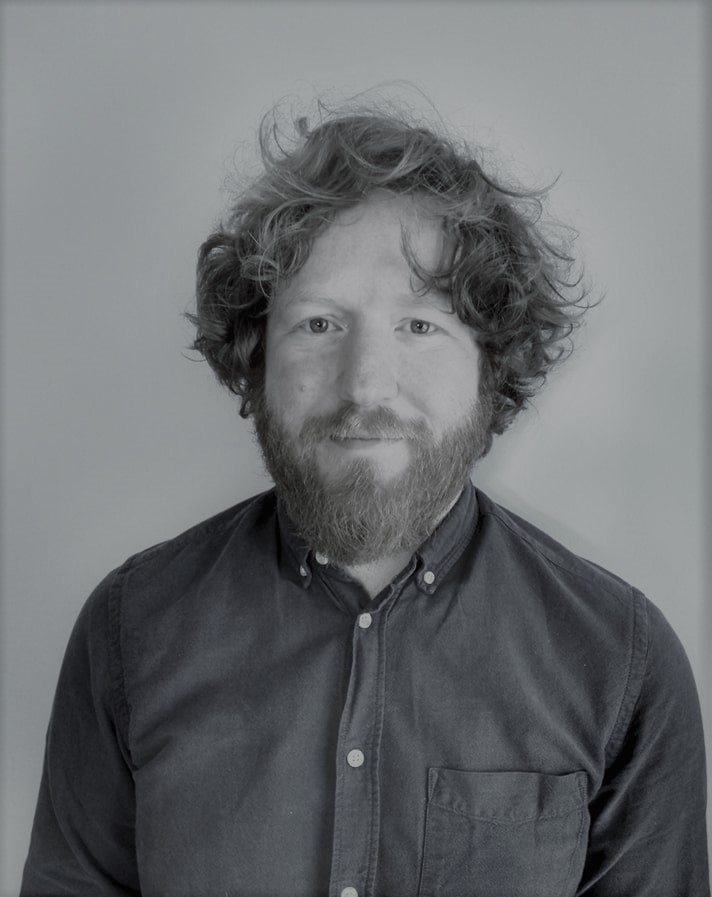
Sociology of knowledge
Science studies
Cognitive and subject theories
Qualitative methods
Consultation hours by appointment
07/2016
Master of Arts
Title of thesis: Schulbuchentwicklung als materieller Aushandlungsprozess
07/2012
Bachelor of Arts
Title of thesis: Soziologie der Inskriptionen – Inskriptionen der Soziologie
2008-2016
Studies of Sociology and Political Science, Johannes Gutenberg University Mainz and Jagiellonian University Krakow
since 11/2020
Research associate, Institute of Sociology, Johannes Gutenberg-University Mainz
since 2017
PhD scholarship holder of the Hans Böckler Foundation
Textbook Practices: Reading Texts, Touching Books, in: Bock, A./Fuchs, E. (eds.): Palgrave Handbook of Textbook Studies. Basingstoke: Palgrave Macmillan 2018 (with Tobias Röhl).
Die Schulbuchentwicklung als sozio-materieller Aushandlungsprozess, conference: “Das Schulbuch als Wissensmedium”, University of Mainz, November 2014 (with Tobias Röhl)
German Society for Sociology
Seminar: Methods of qualitative empirical social research (WiSe 2017/18, WiSe 2019/20, WiSe 2020/21)
Teaching research: Research internship Qualitative orientation (WiSe 2018/19, SoSe 2019, together with Ulla Bröcker)
Seminar: Sociology of Science (summer semester 2020, together with Dr. Kornelia Engert)
Practice class: Social development, socialization and education (SoSe 2017)
Practice class: Equality and difference in school and teaching (SoSe 2018)
Contemporary physics is often confronted with the empirical unavailability of its objects. Particularly in the areas that deal with the theoretical problem of the unified description of quantum physics and gravity (quantum gravity), the theoretically assumed entities are often beyond possible experiments. Mathematics as the central modeling and cognitive instrument of theoretical physics is given an additional boost here: not only do the objects of physical interest first emerge from mathematically formulated theories, but mathematical theories and signs represent the only access to these objects.
The empirical-theoretical doctoral dissertation examines the cognitive practice of theoretical physics in line with sociological laboratory studies. Theoretical work is thus not understood here as a purely “intellectual” activity; instead, the social character of research practice and the constitutive significance of sign systems and cultural techniques (representations, simulations, etc.) are taken into account empirically and analytically. At the same time, the work does not make theoretical-physical thinking disappear as an object through its complete dissolution into social and symbolic practices, but takes it seriously in terms of the sociology of knowledge against the background of its mediated nature.